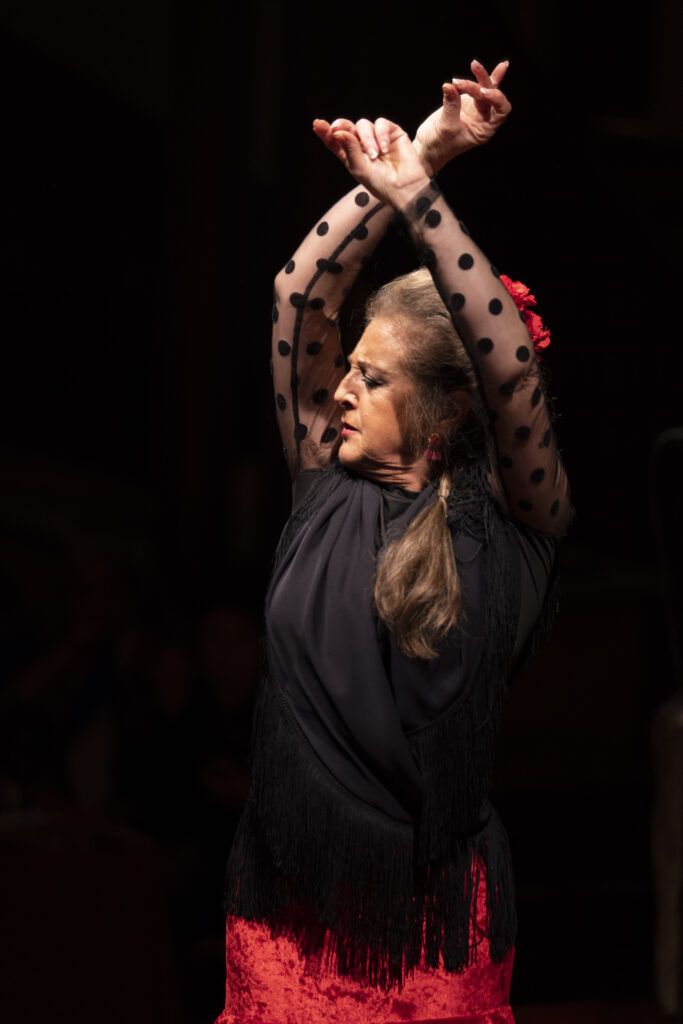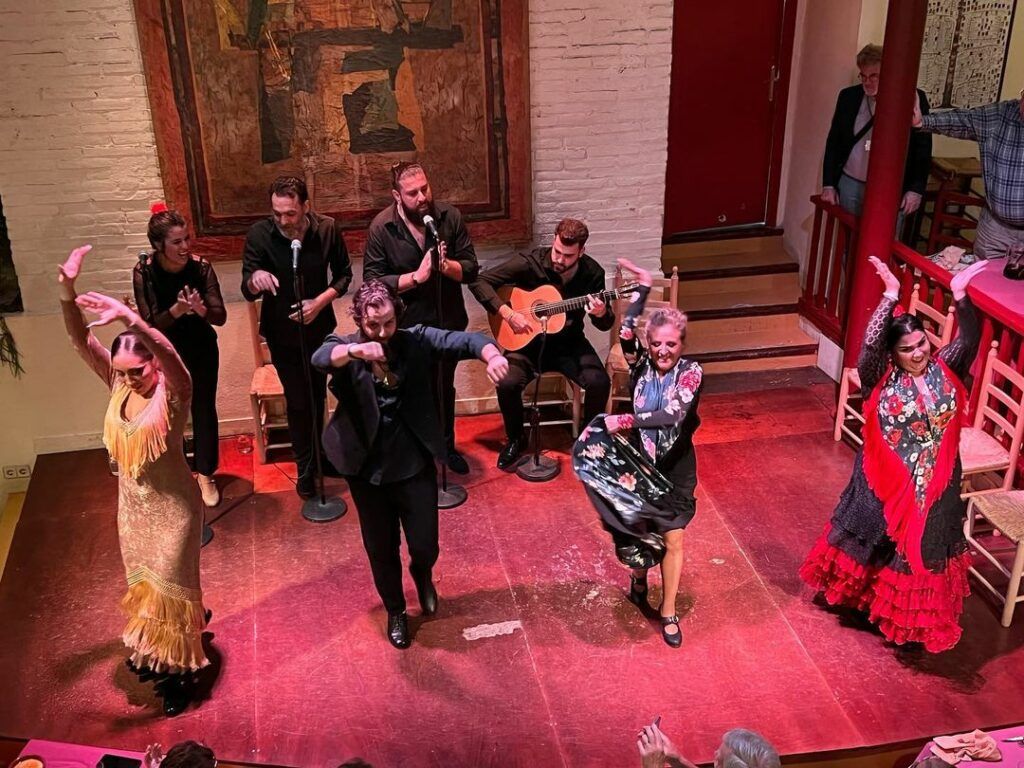There are days for everything: International Potato Omelette Day, International Infidelity Day (February 13, ironically the day before Valentine’s Day), or World Eccentricity Day. Or even International Diet Skipping Day. For those interested in celebrating, it’s May 6th. Obviously, flamenco was not going to be left behind.
The day of “arte jondo” (deep art) is November 16th, commemorating the day UNESCO declared flamenco as Intangible Cultural Heritage of Humanity in 2010, accepting the nomination submitted by the Government of Spain, the Andalusian Regional Government, and the Governments of Murcia and Extremadura. The UN agency thus recognized that “arte jondo” meets the four requirements to enter such a list:
- It’s traditional yetcontemporary, meaning it’s alive. It’s a tradition inherited from the past that continues to be practiced and renewed today.
- It’s inclusive and contributes to social cohesion and the identity of a people, helping individuals to feel part of a community.
- It’s representative of a people, of an region, and depends on those who know the tradition well and transmit it to other communities and future generations.
- It’s community-based, meaning the community itself recognizes it as something of its own, something that community members maintain and spread.
Twenty other Spanish traditions, including Transhumance, Manual Bell Ringing, the Courtyards Festival of Córdoba, and the Castells of Catalonia, are also recognized as Intangible Heritage of Humanity. This distinction entails UNESCO’s commitment to their preservation.
Flamenco enthusiasts, always witty, quickly turned this title around, saying, “Humanity is the heritage of flamenco.” This phrase, sometimes attributed to the Granada singer Enrique Morente reflects the sentiment that flamenco’s universal appeal did not require official recognition. On November 16, 2020, the tenth anniversary of the UN’s designation, the National Association of Flamenco Tablaos of Spain was founded.
How is it celebrated?
The best way to celebrate November 16th is to go see flamenco. In Andalusia activities are held throughout the month in practically every corner of the region, especially in flamenco clubs.
One of the most original initiatives last year was led by the singer Arcángelrom Huelva. In collaboration with the Andalusian Institute of Flamenco, he invited all Andalusian educational centers to sing a fandango from Huelva in November 2023. He even recorded a video explaining the rhythm, lyrics, and melody of one of the most famous fandangos in this tradition, the fandango from Alosno.
In Seville, free concerts are held annually at iconic locations throughout the city. In 2023, Esperanza Fernández and her family performed at Muelle de la Sal; the dancer José Suárez “Torombo” danced with a group of young people from Las Tres Mil Viviendas in Plaza de San Francisco; and the day concluded with performances by singers José de la Tomasa, Nano de Jerez, and El Chozas at Alameda de Hércules.
In Catalonia, cultural manager and flamenco dance teacher Noemí Osorio created the Flamengi Festival during Flamenco Day week. Launched in 2019 in Girona, the festival has since expanded to other towns and cities in the province, including Blanes, Figueres, and La Bisbal. Alongside its high-caliber performances, the festival aims to include various participatory activities, such as a community paella and a flash mob involving local schools.
Any day is a good day to celebrate flamenco. At Tablao de Carmen, we honor this art form daily with our dedicated troupe, celebrating an art that originated in a corner of Andalusia and has since become universal.


